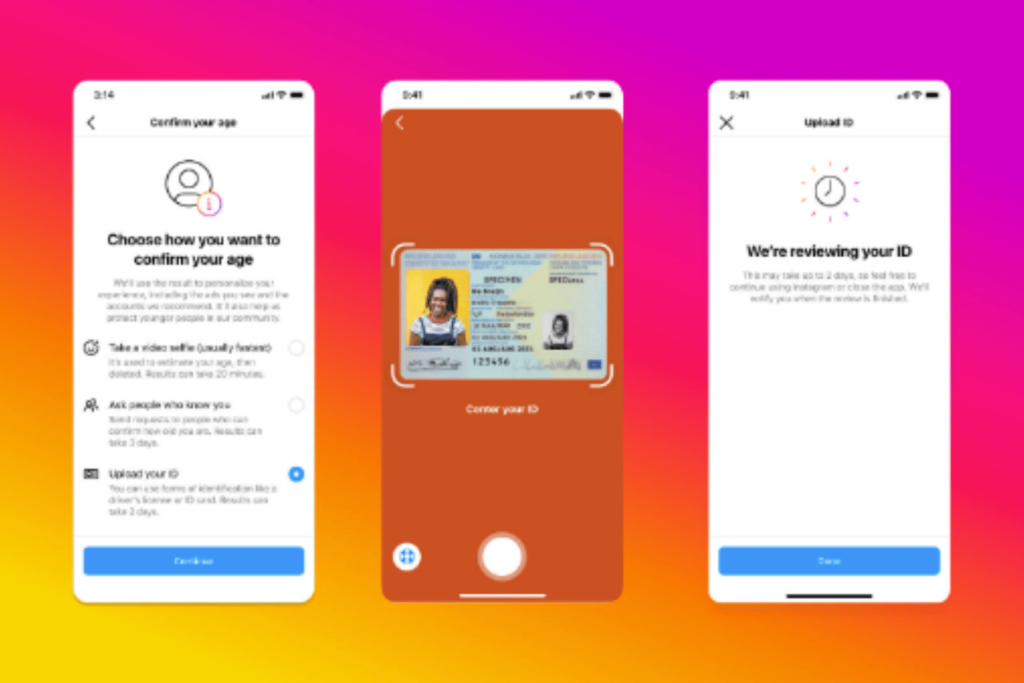Instagram is testing new ways for (especially) youngsters to verify their age on the social media platform. The change will “[allow] us to provide age-appropriate experiences” said Instagram in a blog post. It partly involves artificial intelligence (AI), and also a few trust exercises. Of a sort.
The AI scan
The AI part requires users to take a video selfie, which Instagram then shares with a partner company, Yoti. “Yoti’s technology estimates your age based on your facial features and shares that estimate with us. Meta and Yoti then delete the image. The technology cannot recognise your identity — only your age,” Instagram says. Yoti bases your age on your facial features. So that look of undeniable tiredness in your eyes brought on by excessive adulting? Yoti will apparently pick up that you are way over your twenties. How accurate it turns out to be remains to be seen.
Social vouching
The second option is social vouching. This allows teens to ask adults (18+) to vouch for their age. The person vouching cannot be vouching for someone else at that time and must adhere to Instagram’s rules. A total of three people must vouch for you and all respond to the request in three days. This is almost James Bond stuff.
Finally, if a teen or a babyfaced 21-year-old doesn’t want to go through all that trouble, the person can also upload an ID or driver’s licence. The ID is stored for 30 days on Meta’s servers and then deleted, according to the company. Again, that remains to be seen.
More on AI
According to Instagram, “…we also use AI to understand if someone is a teen or an adult. AI helps us prevent teens from accessing Facebook Dating, adults from messaging teens, and helps teens from receiving restricted ad content, for example.”
Yoti is well-known when it comes to ID verification, and its technology has been approved for use by the UK government and German digital regulators. Meta’s goal is to expand the use of AI, such as Yoti, across all platforms. Its own facial recognition efforts were recently binned. Perhaps using an outside entity is safer for the company, since the use of biometrics is coming under increased scrutiny of late.




